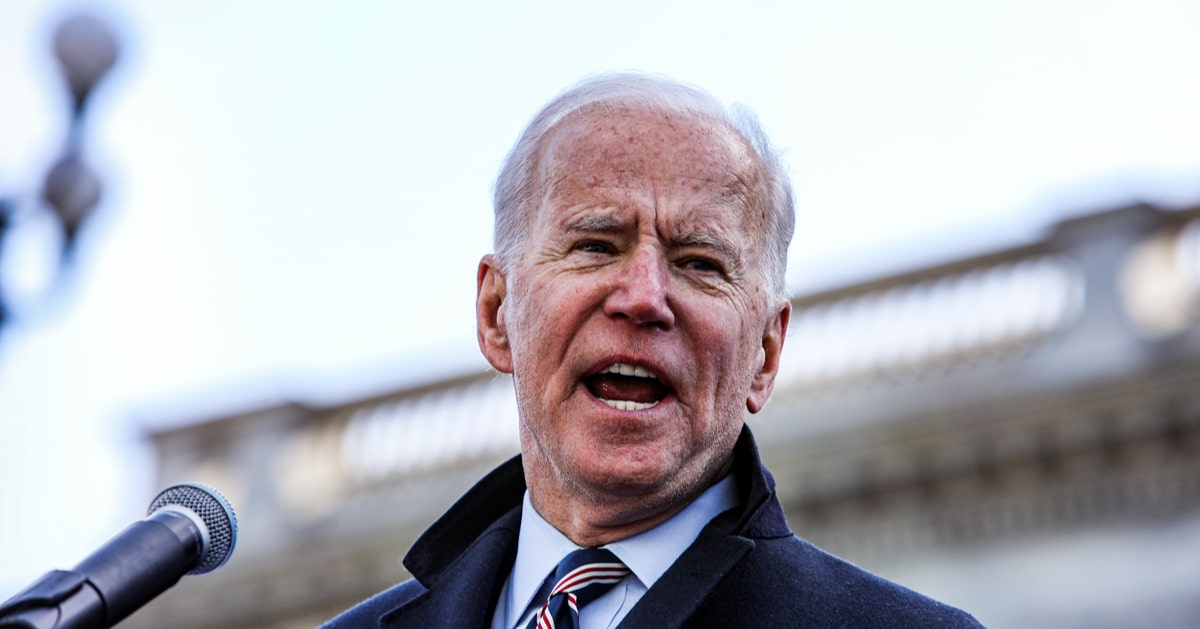





In a surprising twist in the ongoing political dynamics surrounding the Federal Bureau of Investigation, senior FBI officials have been given an ultimatum to either resign or face termination, sparking a considerable uproar within the agency.
Fox News reported that the Trump administration has allegedly demanded resignations from senior FBI officials, coinciding with Kash Patel's nomination as the new FBI director, who promises a focus away from retribution.
The exact number of FBI officials targeted by this directive remains undisclosed. However, the move is reported to specifically affect those who were promoted under former FBI Director Christopher A. Wray.
The action comes at a time when the Senate Judiciary Committee is reviewing the nomination of Kash Patel as the potential new director of the FBI.
During his Senate hearing, Patel addressed the situation of targeted resignations within the FBI. He made a point to emphasize his stance against any retributive measures.
"I have no interest, no desire and will not if confirmed, go backwards," Patel assured, pledging that under his directorship, the FBI would remain depoliticized.
One senior agent, reportedly affected by the ultimatum, expressed utter surprise. He noted that he received no explanation for the decision and anticipated dismissal the following Monday. "I was given no rationale for this decision, which, as you might imagine, has come as a shock," he communicated through an email.
Meanwhile, the issue of potential retribution was a significant discussion point during Patel's confirmation hearing.
Senator Cory Booker (D) directly asked Patel if he was aware of any discussions to penalize FBI personnel associated with investigations involving former President Trump. Patel largely denied such knowledge, responding, "I am not aware of that, senator."
Despite these reassurances, Patel's position as the director is not yet secure. The confirmation process is still ongoing, with Brian Driscoll continuing in his role as the acting FBI director until the Senate concludes its deliberations.
The announcement of possible forced resignations comes during a turbulent time for the FBI, with ongoing debates about loyalty, protocol, and the agency’s standing in the federal hierarchy. The administration's alleged ultimatum has added an additional layer of complexity to these internal and external conversations.
During the hearing, Patel reiterated his commitment to moving forward and avoiding actions that would politicize the agency. His statements have suggested a focus on stability and reform rather than dwelling on preceding controversies under different leadership.
While the General Services Administration continues to ensure its operations run smoothly, the proposed leadership change signals a shift in direction for one of the federal government's most critical agencies.
For many at the FBI, the ultimatum poses a fundamental question about the agency's future. This decision could potentially result in a reshaping of FBI leadership, depending on who chooses to resign or how resistance to the ultimatum is managed.
The implications of such shakeups will likely echo throughout the agency, affecting morale and possibly investigations underway.
Agents across various departments are left contemplating their positions within the Bureau, reflecting on what the potential new leadership under Patel might mean for their careers and responsibilities. Concerns around morale and continuity of work loom large as well.
The potential downsizing or reconfiguration of the FBI’s hierarchy raises inevitable questions about how these changes might affect national security operations and the broader justice system.
It also creates a scenario for current and former officials to weigh in on possible implications.
Ultimately, the scale of the impact these changes have on the FBI's daily operations and long-term objectives remains to be seen. Both optimism for reform and concern over potential setbacks prevail among individuals closely following these developments.



